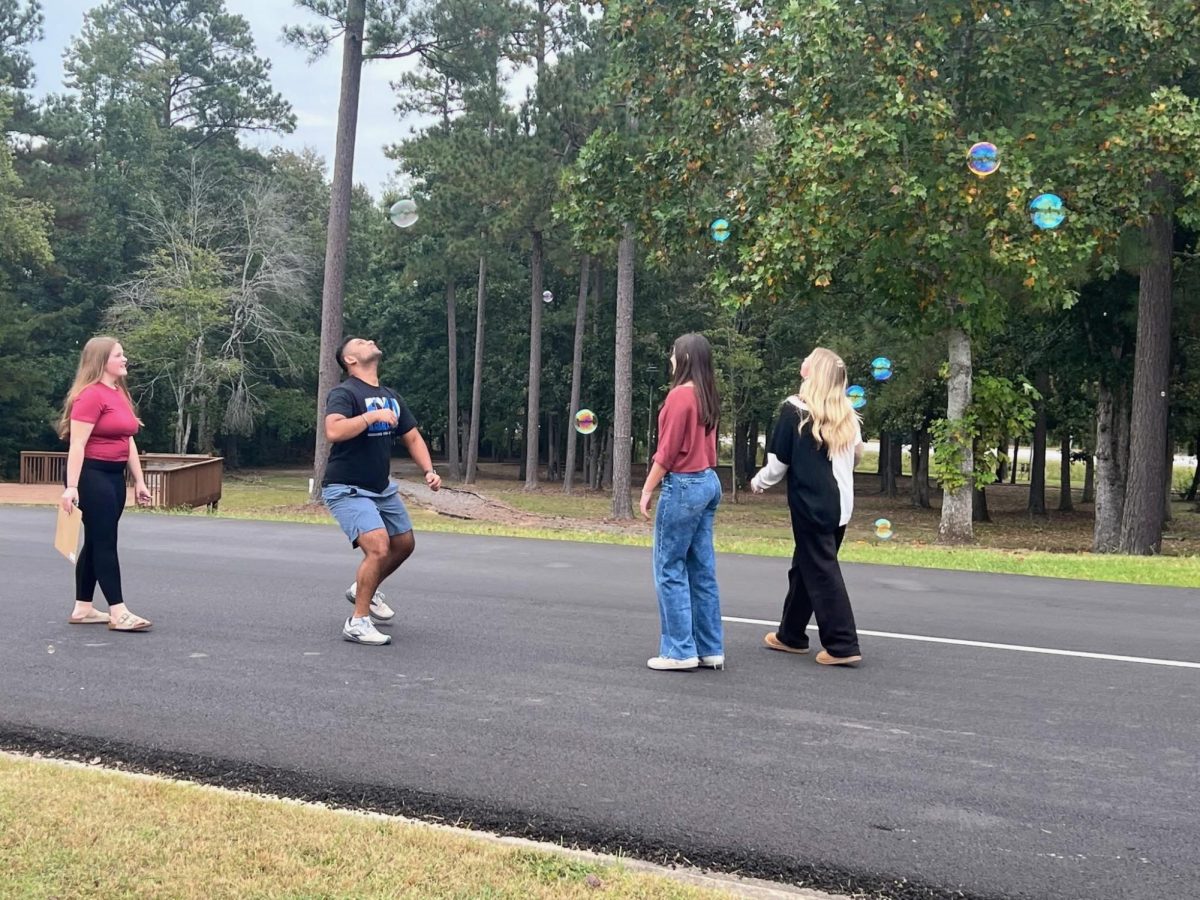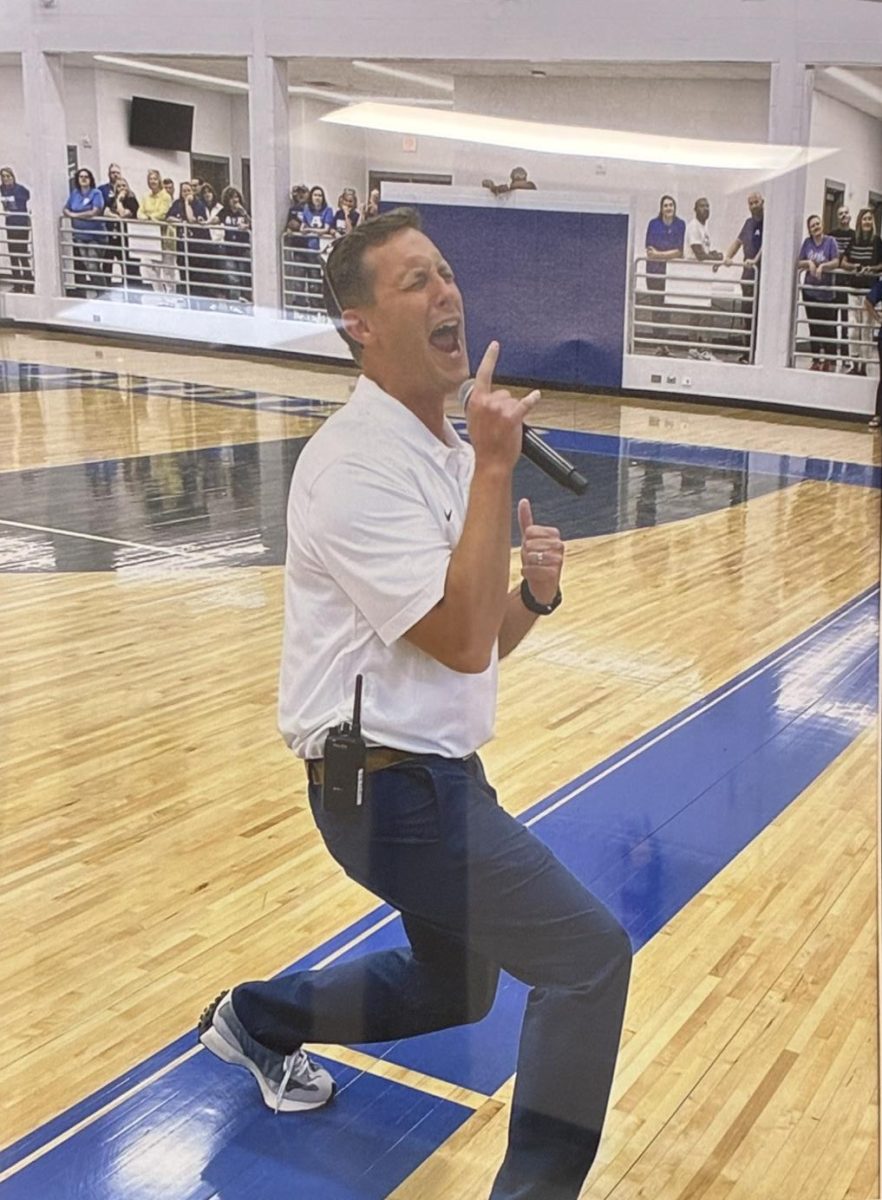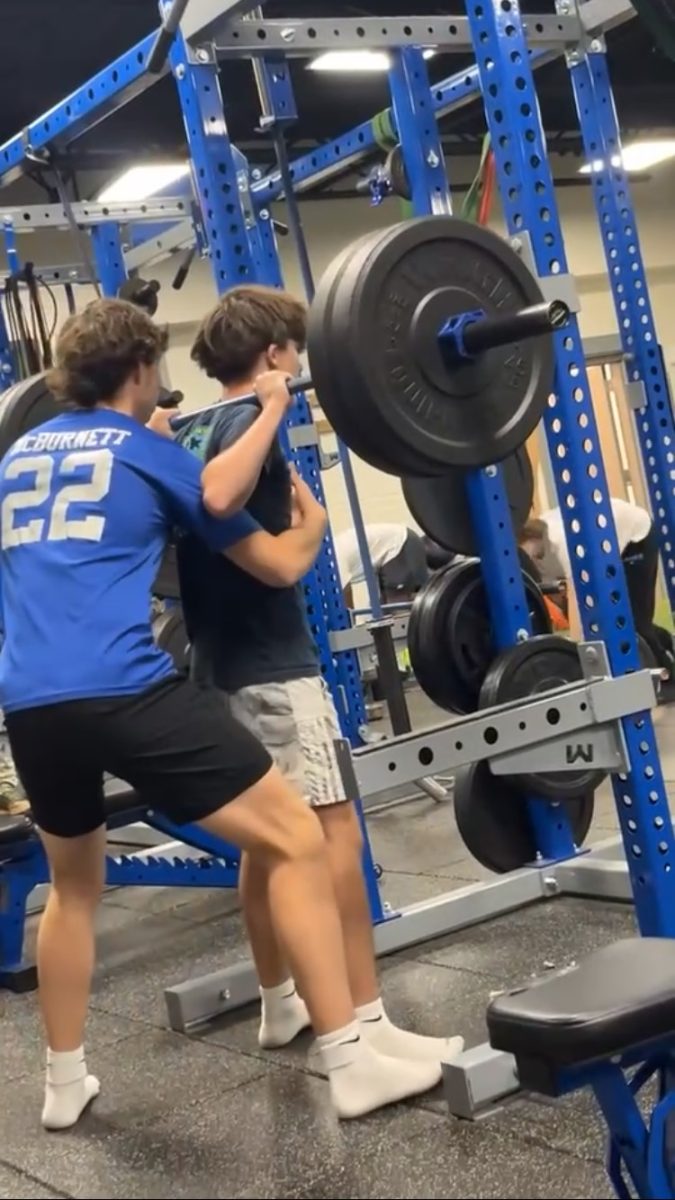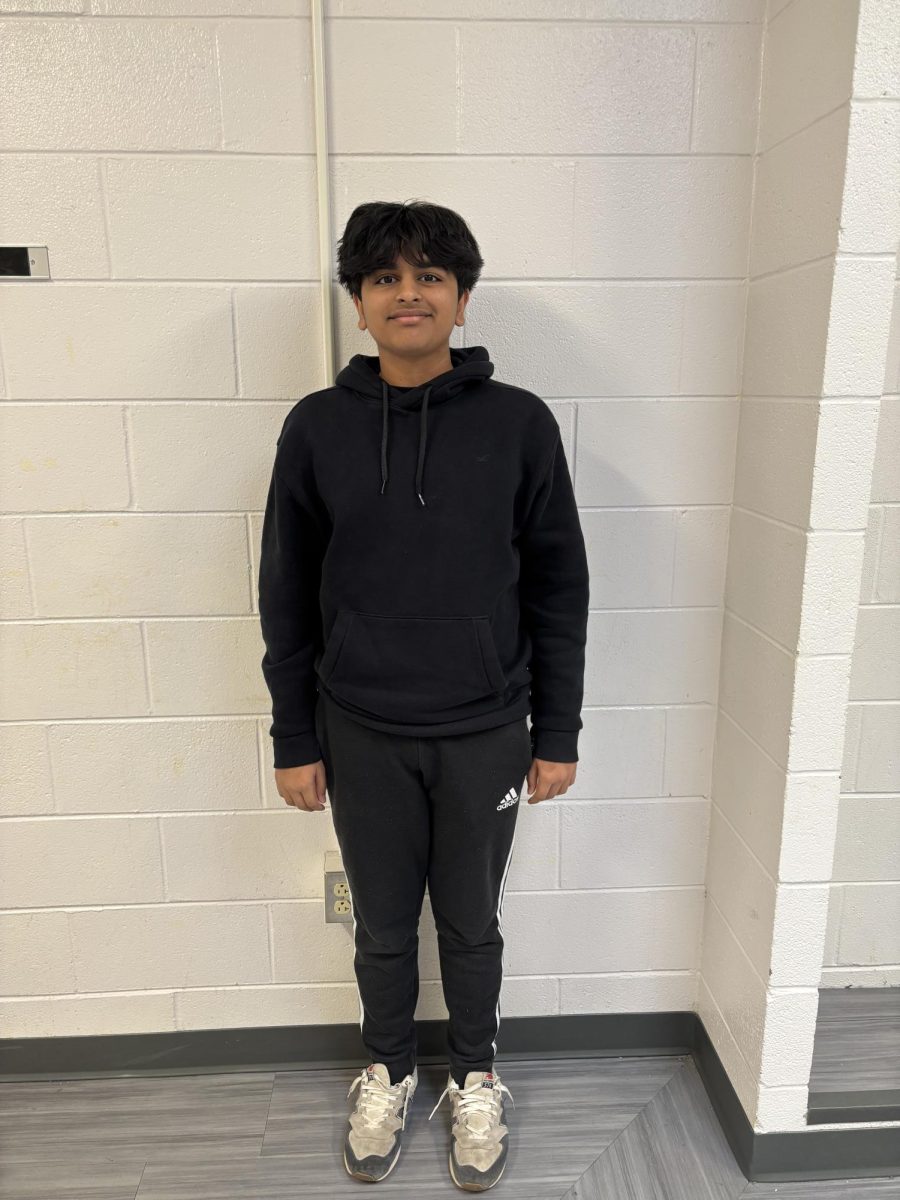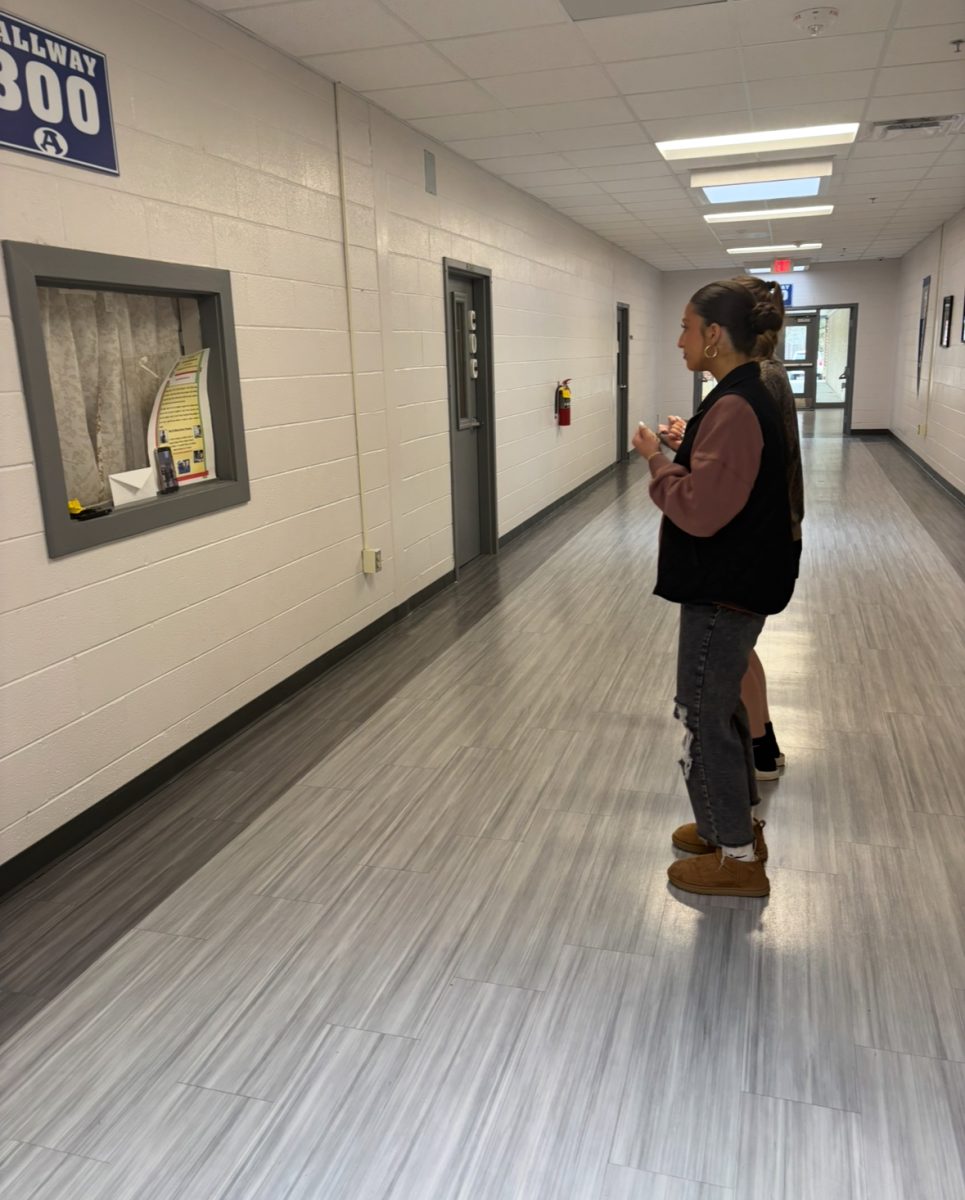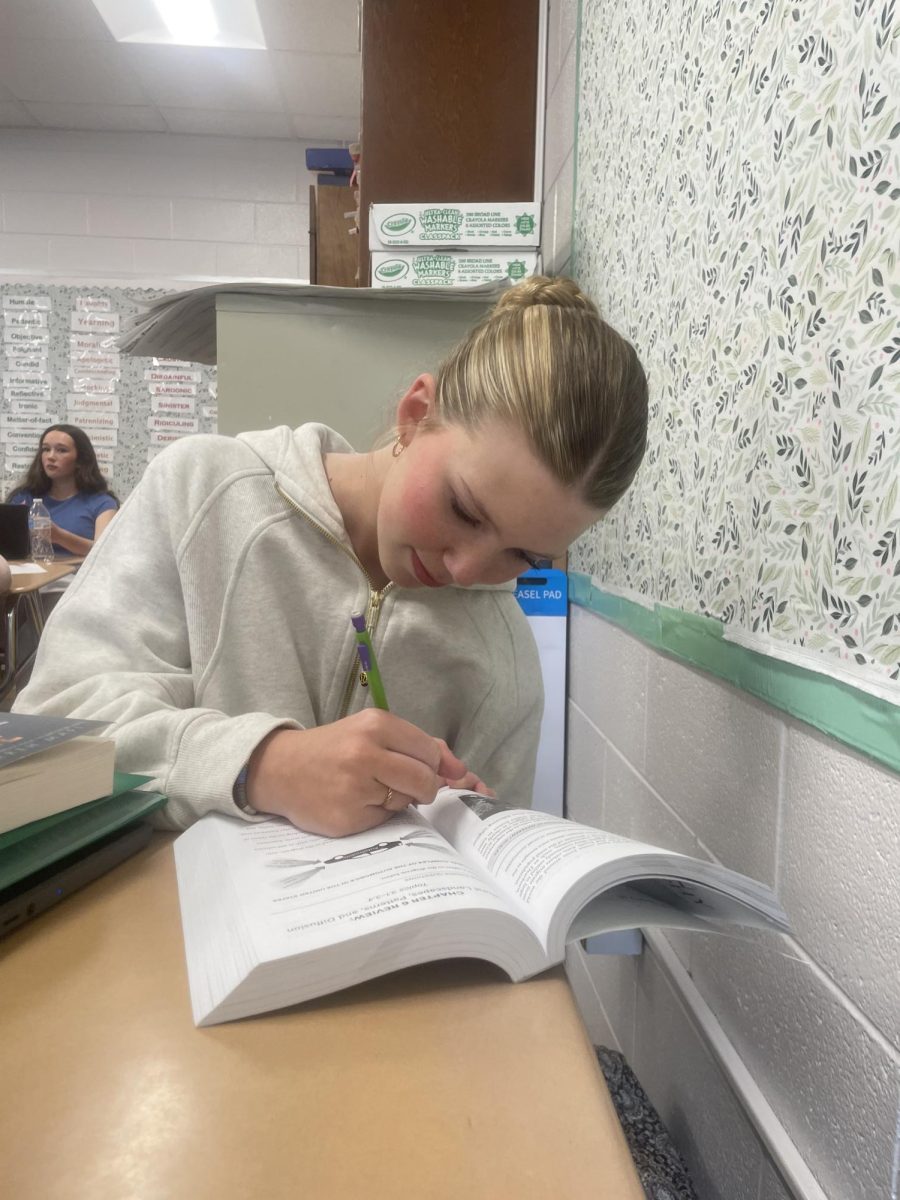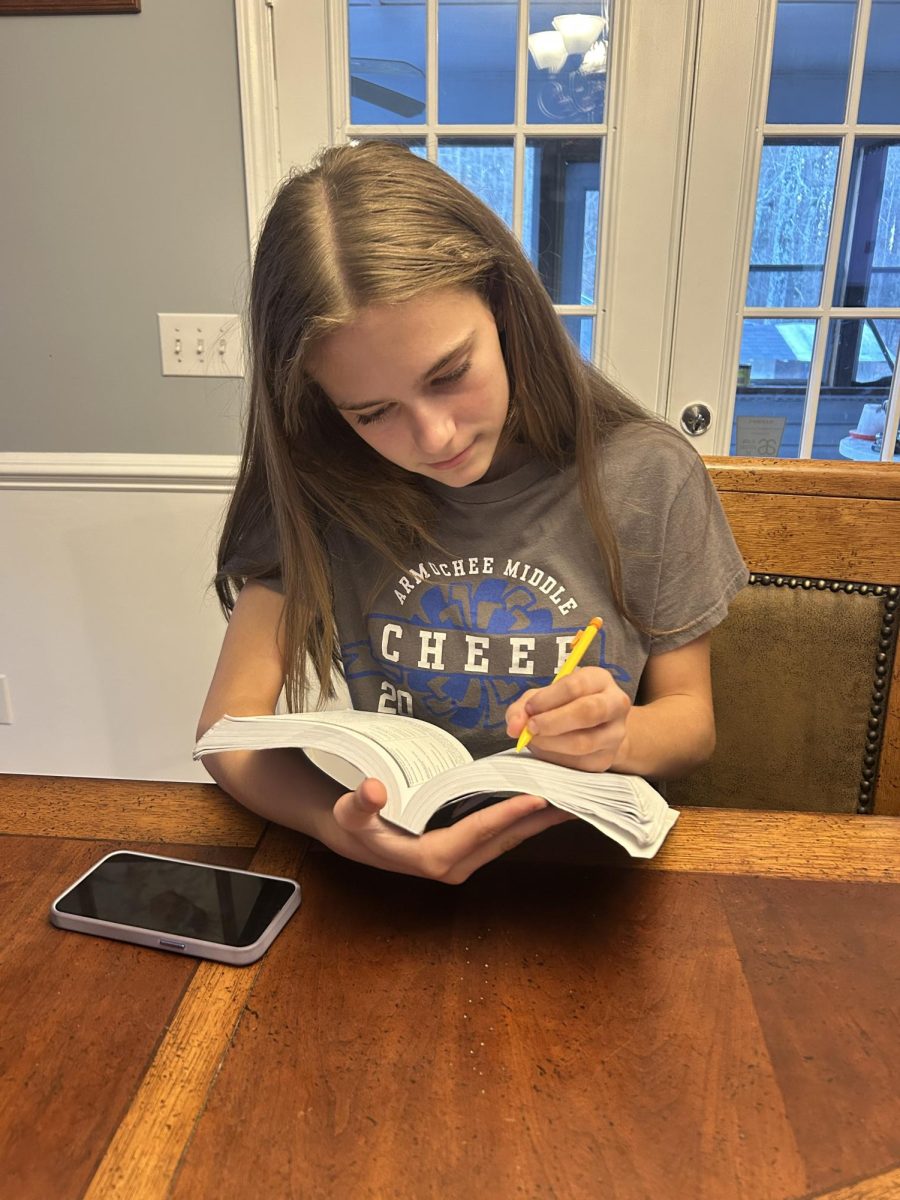The use of Smartphones in the Classroom
By. Dylan Simmons
December 2, 2020
Smartphones are a great source of information, and they are a great way to communicate with someone. Smartphones are used by almost everyone in the United States, and are very popular among students while they are attending school. There are many pros and cons to using smartphones in the classroom; some pros are that smartphones are very useful when searching for information for a project or a normal assignment, they assist in solving equations for math and science, and they can be used in a time of emergency. The only problem with the use of smartphones in the classroom is that students do not know the right time to use them, and how to use them properly.
When interviewing students about the use of smartphones during class time, they said;
Baron St. Clair- “Phones are too distracting.”
When asked about what is useful about having a smartphone during class, he said that he doesn’t find phones extremely useful while in class. This is with the exception of taking pictures for projects, putting on reminders, and listening to music. He thinks that smartphones are too distracting for students during class time, and that they should only be used with teacher approval; especially when recording a lecture. Baron says that it should be fine for every student to be able to listen to music on their phones while working on an assignment, and nothing else. When it comes to teachers taking phones up; Baron says that the teacher should approach the student politely at first and only get assertive when a student disobeys. Baron says that smartphones do not help him to learn better, but he can focus better on his assignments while listening to music. He says that listening to music on his phone has helped him to work faster, and be more focused on his assignment. This is because he feels stimulated by the music, and it keeps him from losing focus. Baron says that the appropriate time to use a phone during class is when the teacher is not teaching, and he says that if a student needs to call a parent or check about after school plans; then the teacher should allow it. Baron doesn’t think that teachers should ban phones from students, but they should be strict about their use.
Annie Kinney- “Phones are helpful, but they do not help me learn.”
Annie says that she believes that smartphones should be allowed to be used during class time, because she can use it for help with her assignments. She says that her phone distracts her at times, and that it can be hard for her to keep it put away. Annie says that teachers should always be direct about smartphone use in their classroom, and that it should not be hidden from students until later in the year. She says that there is definitely a time for phones to be allowed, and that time is during the end of class or after finishing assignments.
Davis Yeargan- “Smartphones can be very useful.”
Davis thinks that smartphones should be allowed in classrooms because of their comfortability. He says that students are more comfortable while having their smartphones, because they can easily check the time, get messages from family, and they have great tools that assist with learning. He does think that smartphones can easily become a distraction and hinder students from learning, and that the phones should be kept in backpacks or pockets. When asked about smartphone use during work time; he says that it should be based on the type of work being done. Davis says that there should be an “equilibrium” when it comes to phone usage in the classroom; he says that teachers should understand that smartphones are a big part of a student’s life, and that taking the phone away completely could harm the students learning experience. He also says that it is not good for teachers to allow students to be on their phones all of the time. Davis says that smartphones help him to learn better because he has all of the information that he needs for an assignment that requires research. He says that his phone helps him with learning because he can use all of the different tools on it to learn better. When he comes to a certain time for smartphone usage, Davis says that it should be before or after an assignment is done; as long as it does not obstruct your work. Davis says that he believes that students who use their phones secretly are disobeying the teacher’s orders, and that it can lead to a lot of trouble. Davis thinks that a teacher should have the authority to ban smartphone use in their classroom, but they shouldn’t completely ban them because the students will not feel as free and comfortable.
Teachers have another response to the use of smartphones in the classroom; for example, Coach Vazquez, he says that he believes that students should not have their smartphones while in class, and this is because they become distracted while he is lecturing. Although he doesn’t completely agree with the use of smartphones in class; he thinks that they are definitely helpful when working on certain assignments. Coach Vazquez says that he would keep a close eye on students when they do use their smartphones during certain assignments, so that he can ensure that the students are not using them inappropriately. Though he thinks that smartphones are very distracting; he does not think that smartphones are not the greatest distraction for students, because there are many other ways for students to distract themselves. He thinks that phones should be allowed on school grounds, but they should not be used until class breaks and lunchtime. Coach Vazquez says that teachers should, “be the example.” for students when it comes to smartphone use in the classroom, and that they should not be on their phones during class time as well. He says that schools should not make the decision about smartphone use in the classroom, but that individual teachers should since it is their class time. He thinks that smartphones are very useful when gathering information for assignments, but they are very bad for individual thinking during assignments.







